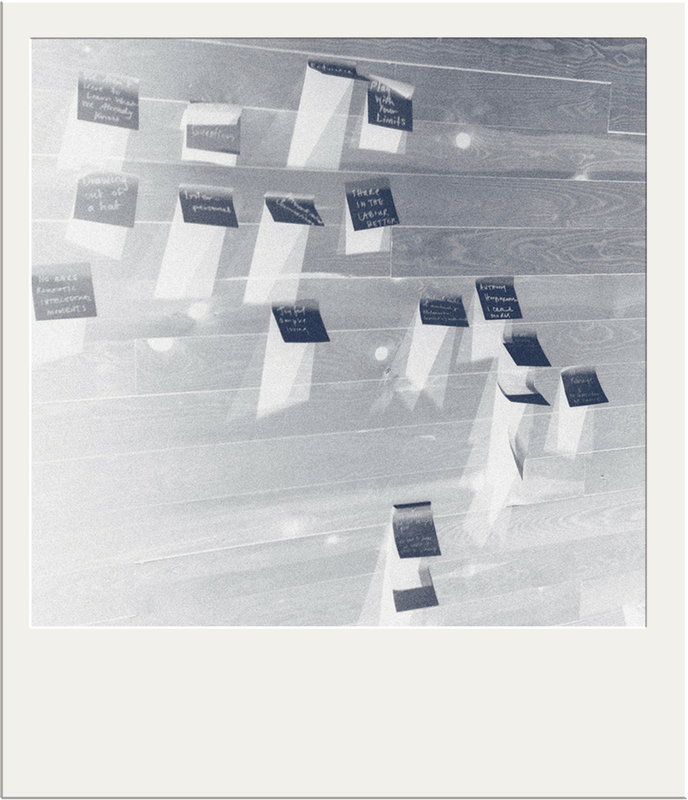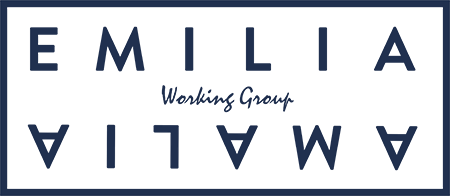
EMILIA-AMALIA SESSION IV:
EDUCATION/PEDAGOGY
Monday, 26 September 2016, 6–9 PM
Feminist Art Gallery (FAG)
Director Adriana Monti in attendance
The fourth session of EMILIA-AMALIA focuses on examples of feminist pedagogy, both past and present, as modes of transmitting feminist knowledge across generations. Through a film screening and discussion, the session considers the generative function of experimental education and practices of collectivity in allowing feminists to develop survival strategies for the social sphere, as labourers, caretakers, mothers, teachers and students.
At the centre of this session is the 150 Hours Courses, an educational experiment implemented in Italy beginning in 1974, initially available to factory workers and farmers, and expanding to include women a couple of years later. The courses were non-vocational; they were not intended to improve one’s productivity at work, but rather to allow for personal and collective growth. The courses sought to help workers reflect not only upon their working conditions but also on their lives. A large part was devoted to the re-elaboration and reinterpretation of what was defined as the “lived experience” of those attending: their experiences with work, emigration, cultural and language discrimination, union struggles and more.
Emilia and Amalia, the women who are the namesake of our working group, met as students at one of the 150 Hours Courses. Their friendship, and the role played by narration within it, is a cornerstone of the practice of affidamento, or entrustment, developed by the Milan Women’s Bookstore Collective.
Adriana Monti’s film, Scuola Senza Fine (School Without End) (1983), shows how the experiment extended into the lives of women taking the course, most of whom were housewives. The film was produced in collaboration with these students as part of their studies for the class, turning the curriculum’s questions about the representation of women into questions about the representation of themselves.
Building on our ongoing discussions about the function of autobiography as a vital space for shaping feminist subjectivities, this session will invite participants to share examples of meaningful or challenging pedagogical experiences from their own lives and to examine how writing and filmmaking might offer important avenues for self-narration.
Text: Adriana Monti’s Scuola Senza Fine (School Without End) (1983), 36 min, to be screened
Conversation: Discussion with Adriana Monti about feminist pedagogy, filmmaking and intergenerational knowledge transmission.
Writing Activity: “More Dust in Our Houses, Less Dust in Our Brains”: following the radical aims of the women’s university at the 150 Hours School, develop a syllabus for a radical feminist education. This can include readings as well as assignments, field trips and guest speakers.
